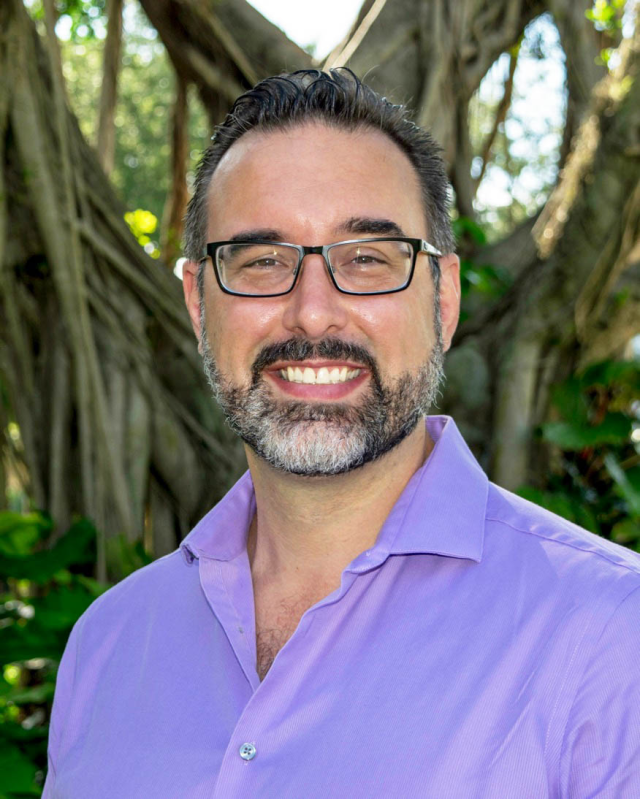11.3:现代性的崇拜:太虚大师的弥勒思想与实践
北京大学佛学研究系列讲座 第25讲
Devotion to Modernity: Master Taixu’s Maitreyan Thought and Practice
现代性的崇拜:太虚大师的弥勒思想与实践
时 间:2019年11月3日19:00-21:00
地 点:北京大学人文学苑2号楼B112教室
主讲人:芮 哲 美国迈阿密大学副教授
主持人:王 颂 北京大学哲学系教授
一、主讲人简介
Justin R. Ritzinger 芮哲 is associate professor of Religious Studies at the University of Miami. He received his Ph.D. from Harvard University in 2010. A scholar of modern and contemporary Buddhism in Mainland China and Taiwan, he studies the development and articulation of Buddhist modernism in the Chinese-speaking world, excavating the role played by seemingly non-modern ideas and practices in that movement. He is the author of Anarchy in the Pure Land: Reinventing the Cult of Maitreya in Modern Chinese Buddhism (Oxford University Press, 2003) and has published on topics including Buddhist eschatology, engagements with anarchism and evolutionary theory, and the dynamics of Buddhist tourism development in contemporary China. He is currently working on an ethnographic study of a blue-collar lay Buddhist organization.

二、内容提要
Taixu is widely seen as a pivotal figure in the emergence of a modern Buddhism in China. Although recent scholarship has begun to expand and nuance our understanding of his life and thought, he remains best remembered for ideas such as Human Life Buddhism 人生佛教 and the Pure Land on Earth 人间净土. As a result it has been easy to see him as a classic “modernizing” figure, concerned to rationalize and demythologize his tradition. Yet he was also a devotee of the bodhisattva Maitreya and a vigorous proponent of his pure land. This presents an apparent anomaly: In his Maitreyan thought, Taixu shows precisely the kind of concern for ritual, supernatural beings, and the afterlife that is often assumed to be rejected in the name of “modernity.” To make sense of this requires a new perspective on the formulation of alternative modernities. This lecture draws on Charles Taylor’s notion of moral frameworks to argue that the cult of Maitreya represents an attempt to articulate a new constellation of values that integrates novel understandings of the Good clustered around modern visions of utopia with the central Buddhist value of Buddhahood.
主办单位: 北京大学佛教研究中心
特别鸣谢: 广东四会六祖寺



